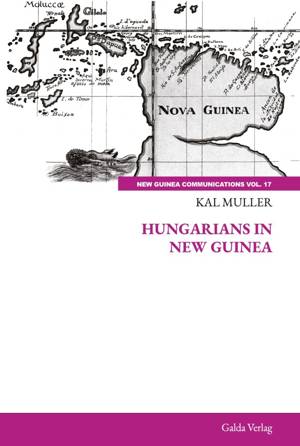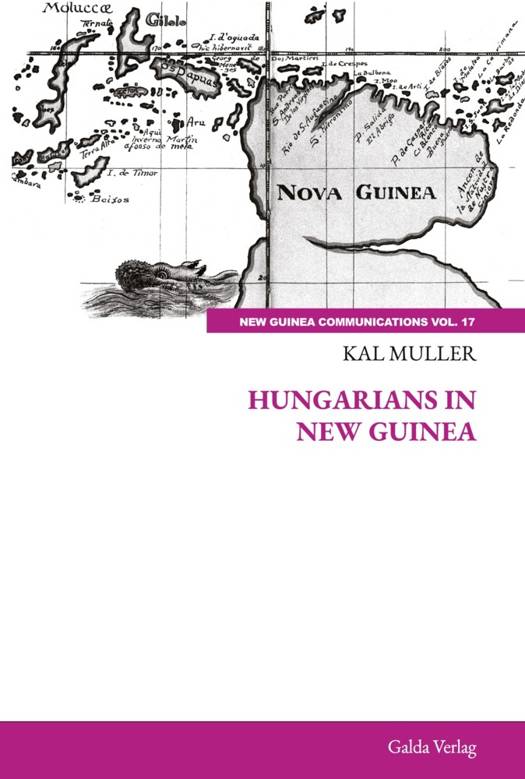
- Afhalen na 1 uur in een winkel met voorraad
- Gratis thuislevering in België vanaf € 30
- Ruim aanbod met 7 miljoen producten
- Afhalen na 1 uur in een winkel met voorraad
- Gratis thuislevering in België vanaf € 30
- Ruim aanbod met 7 miljoen producten
Zoeken
€ 60,45
+ 120 punten
Omschrijving
Hungarians in New Guinea? How did a cohort of Hungarians end up in New Guinea? How did this small central European country send so many of its sons to such a faraway corner of Melanesia? The answer lies in Hungary's 19th century history, when it was part of the important Habsburg empire, as the junior partner in the Austro-Hungarian monarchy, that officially began in 1867. This was a German-speaking entity, as was the Prussian-led alliance that unified the German nation in the 1870s. This was the country that in the 1880s colonized parts of Africa as well as the north-east area of New Guinea in 1884. Shortly before the year 1900, two Hungarian scientist-collectors, Samuel Fenichel and Lajos Biro, worked in German New Guinea, the pioneers of the Hungarians who came after them. They were followed by Count Festetics de Tolna, a wealthy Hungarian who sailed in his yacht along the eastern coast of New Guinea. He collected many artefacts and took numerous excellent photos. In 1914, the opening days of WW I, an Australian task force quickly defeated the small German defense force. Australia then absorbed the former colony that became a mandated territory under the post-war League of Nations. It existed separately, alongside the Australian colony of Papua in the south-eastern section of New Guinea. Three prominent Hungarians worked in, and/or wrote about, what became Papua New Guinea. Seven less prominent Hungarians also left their mark on eastern New Guinea. In the former Dutch colony, in the eastern half of New Guinea, a prominent geologist collected many artefacts. After the Indonesian takeover of the former Dutch colony, the Hungarian author of this book spent 20 years (1996-2016) working for Freeport Indonesia, a gigantic mining company. His job included the purchase and sales of art-related carvings. Most of the Hungarians, heading the main chapters of our book, impelled by patriotic feelings of nationalistic impulses, sent back from New Guinea to Hungary
Specificaties
Betrokkenen
- Auteur(s):
- Uitgeverij:
Inhoud
- Aantal bladzijden:
- 300
- Taal:
- Engels
- Reeks:
Eigenschappen
- Productcode (EAN):
- 9783962033408
- Verschijningsdatum:
- 19/04/2024
- Uitvoering:
- Paperback
- Formaat:
- Trade paperback (VS)
- Afmetingen:
- 156 mm x 234 mm
- Gewicht:
- 421 g

Alleen bij Standaard Boekhandel
+ 120 punten op je klantenkaart van Standaard Boekhandel
Beoordelingen
We publiceren alleen reviews die voldoen aan de voorwaarden voor reviews. Bekijk onze voorwaarden voor reviews.











